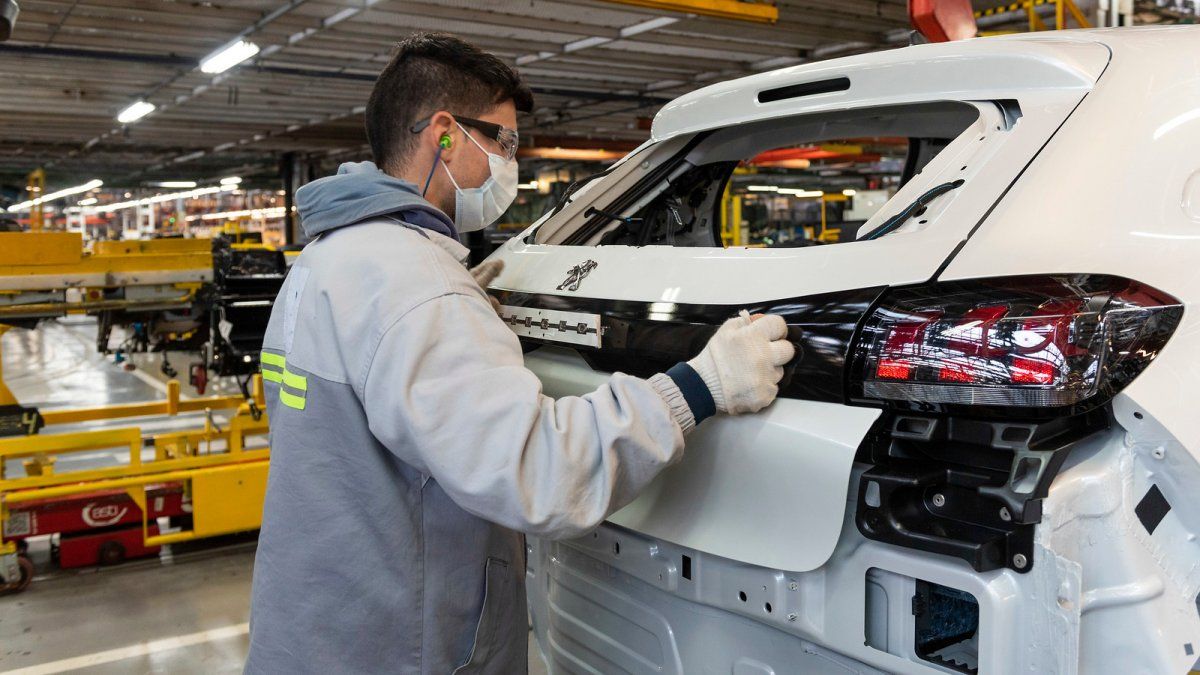Among the goals, it seeks to promote the exporter profile with a better international insertion; improve the integration of local auto parts; generate quality jobs, promote the development and transfer of new technologies, and promote new engines with hybrid, electric, hydrogen, gas and biofuel technologies, among other types of engines.
The law establishes a set of incentives for new investment projects that ensure greater production, exports and employment in terminals and auto parts companies, in order to add value from industrial processes.
For it, It contemplates benefits for investments that are presented until December 31, 2027, such as the early return of the Value Added Tax (VAT) of the same, granting a freely available balance to apply against national taxes.
In addition, the law also introduces an accelerated amortization in the Income Tax for personal property and for infrastructure works, and export duties of 0% until 2031 for goods produced within the framework of said projects.
The investments must have a start-up period of three years from their approval to receive the expected benefits and present a percentage of National Minimum Content (CMN) that varies according to the type of good.
The standard, in turn, creates two new entities: the Mobility Institute and the Advisory Council of said institute.
The first aims to coordinate the different links of the automotive value chain with the public sector, the workers’ sector and the scientific and technological support institutions.
Among other points, the new entity, made up of eight ad honorem members appointed by the Government, employers’ associations and unions in the sector, must contribute ideas and initiatives for public policies aimed at the sector, promote the development of scientific-technological infrastructure and the formation of human resources, and analyze production problems related to the value chain.
Meanwhile, its advisory council, made up of four advisers also ad honorem, from the Promotion of researchof Road safetyof Investments and International Trade and of the Dealers Association (Acara); It must recommend courses of action for the Institute in accordance with the best international practices in matters of road safety, technology and international trade.
The automotive industry represents around 7% of the industrial GDP and 8% of Argentine exports and the Government projects that 2022 will end with vehicle production 70% higher than that registered in 2019.
Source: Ambito
David William is a talented author who has made a name for himself in the world of writing. He is a professional author who writes on a wide range of topics, from general interest to opinion news. David is currently working as a writer at 24 hours worlds where he brings his unique perspective and in-depth research to his articles, making them both informative and engaging.




